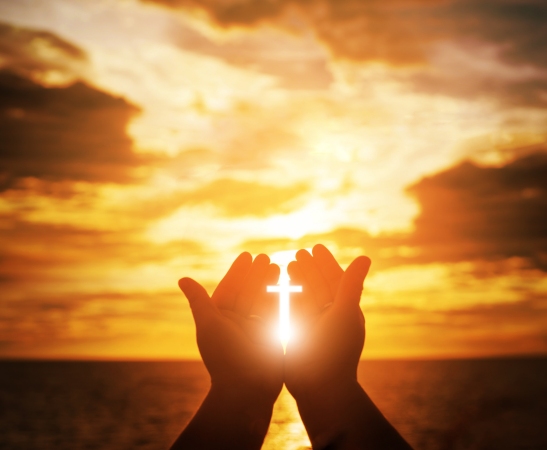In the classic strain of fundamentalism we encounter in today’s reading a disaster is associated with punishment for sin. This is an ancient and modern disease and is even found in the book of Job, ‘Consider now: Who being innocent, has ever perished? Where were the upright ever destroyed? As I have observed, those who plough evil…reap it. At the breath of God, they perish…’
In today’s Gospel the construction accident at Siloam reservoir at Jerusalem in which eighteen people died was attributed to their sin. This erroneous and misleading view still prevails today. For example, when the AIDS crisis broke out in the early 1980’s people regarded it as the judgment of God. And in the aftermath of 9/11, it was suggested that this terrorist attack reflected in some way God’s righteous judgment.
Jesus was adamant that this way of thinking was simply wrong: ‘do you think they were more guilty than all the others living in Jerusalem? I tell you no!’ When people die in tragic and awful ways it doesn’t reflect God’s judgement. These events do, however, remind us of two sober truths: first, that we all must die and, second, that now is the right time to change our lives, because after death we cannot repent and change – it is too late. Today is always the day for conversion and repentance.
Lent is the season of change, repentance and conversion, and a wonderful time to seek out God’s healing and mercy in the sacrament of mercy, the sacrament of reconciliation. If you have not been for a while, take heart; God’s mercy and forgiveness awaits you. If you receive the sacrament frequently, you are blessed because through it, with it and in it we touch the very mercy of God, who always leads us on the holy road of interior repentance and conversion.


